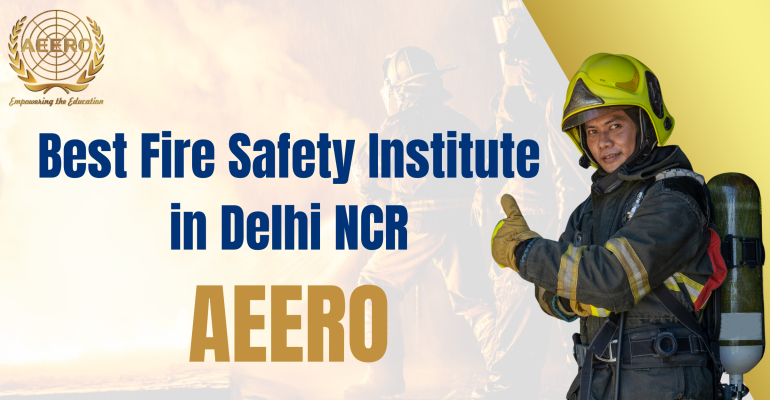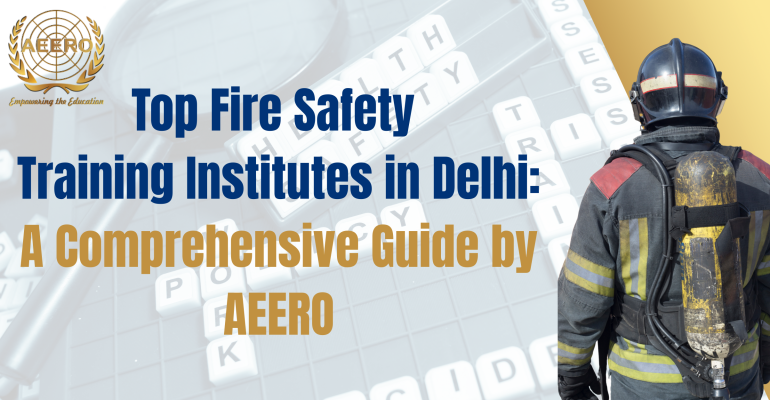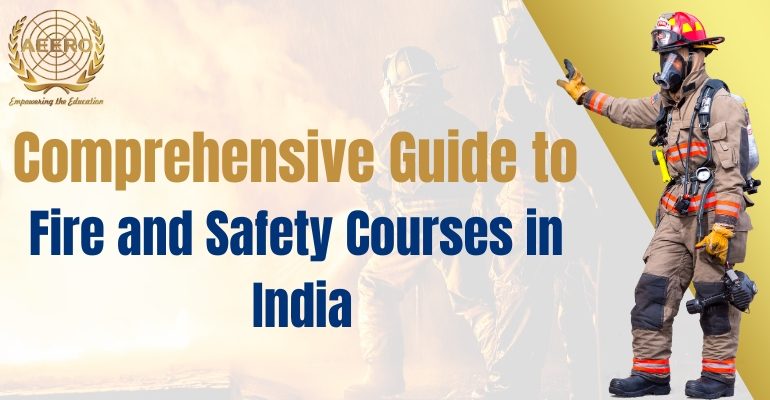Best Health Sanitary Inspector Course at AEERO 2025-26

Here’s the Table of Contents presented in a table frame for clarity:
| Table of Contents |
|---|
| 1. Introduction |
| 2. Course Overview |
| 3. Key Responsibilities |
| 4. Nutrients and Health Requirements |
| 5. Disease Prevention |
| 6. Conclusion |
| 7. FAQ |
A Health Sanitary Inspector Course plays a vital role in maintaining public health by ensuring sanitary practices in various environments. AEERO offers a comprehensive Health Sanitary Inspector Course that provides essential training in areas like waste management, disease prevention, and hygiene maintenance. This course is ideal for individuals looking to enter the public health sector, ensuring community well-being and preventing health hazards.

Course Overview
The Health Sanitary Inspector Course focuses on teaching core skills in:
- Public Hygiene: Ensuring cleanliness in public spaces like hospitals, schools, and restaurants.
- Waste Management: Proper disposal and treatment of waste to prevent health hazards.
- Disease Prevention: Methods to control and prevent disease outbreaks through sanitation.
- Food Safety: Inspecting food facilities to prevent contamination and ensure safety.
Key Responsibilities
Health sanitary inspectors are responsible for:
- Inspecting public spaces to ensure compliance with health regulations.
- Identifying potential health hazards like poor waste disposal or water contamination.
- Advising on best practices for sanitation and hygiene.
- Conducting health and safety audits to prevent disease outbreaks.
Nutrients and Health Requirements
To maintain their physical and mental sharpness, health sanitary inspectors need to focus on good nutrition. They require a balanced intake of proteins, carbohydrates, and vitamins to stay alert during inspections. Hydration is also key for maintaining focus throughout the day.
| Nutrient | Role |
|---|---|
| Protein | Muscle recovery and strength |
| Carbohydrates | Sustained energy |
| Vitamins (B, C, D) | Immune system boost and mental sharpness |
| Water | Essential for focus and hydration |
Disease Prevention
One of the primary roles of a health sanitary inspector is to prevent the spread of diseases by ensuring proper sanitation in public spaces. This includes:
- Waste Control: Ensuring proper disposal of waste to prevent disease spread.
- Water Quality Testing: Ensuring safe drinking water.
- Food Inspections: Monitoring restaurants and food preparation areas for safety.
Conclusion
The Health Sanitary Inspector Course at AEERO equips individuals with the necessary skills to promote public health, maintain hygiene standards, and prevent diseases. With the increasing importance of public health, this course opens doors to a rewarding career in sanitation and health inspection.
FAQ
1. What is the duration of the Health Sanitary Inspector Course?
The course typically lasts between 6 to 12 months, depending on the training institution.
2. What qualifications do I need to enroll?
Basic qualifications may vary, but generally, a high school diploma is required.
3. What are the career prospects after completing the course?
Graduates can work in public health departments, hospitals, schools, and food safety inspection agencies.











